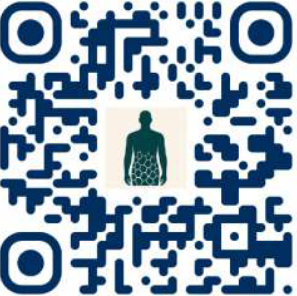December 10, 2025
When the House Grows Quiet: Reflections on the Empty Nest
There are moments in a parent’s life when emotion refuses to stay neat and categorised.This past month has been one of them. Both our children have boarded — or are boarding — planes for overseas careers. Not gap-year adventures, but real, adult steps into their own futures. And as...
Read More












